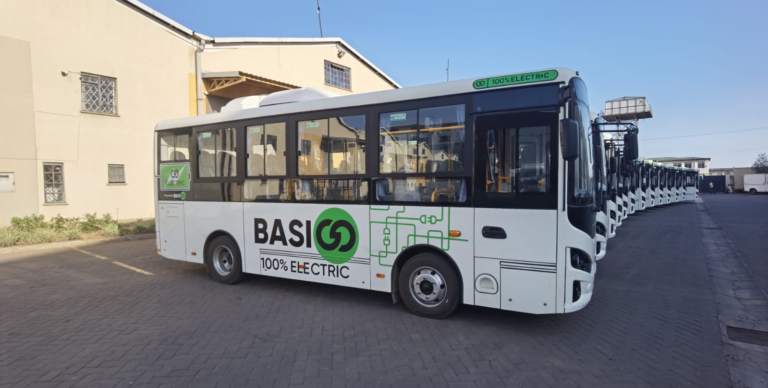The Kenyan government has revealed the members of the advisory board for President William Ruto’s flagship project, the Hustler Fund. The Fund officially referred to as the Financial Inclusion Fund aims to support and empower young entrepreneurs and small business owners throughout the country.
To lead the Hustler Fund, Irene Karimi was appointed as the Chairperson for a three-year term. Karimi brings a wealth of experience to the table, boasting over 30 years in project management. She has worked with organizations such as USAID/Kenya, Chemonics International, PricewaterhouseCoopers, and Kenya Investment Mechanism (KIM). Karimi holds a Bachelor’s degree in Business Administration from Andrews University, Berrien Springs in Michigan, and is a Certified Performance Technologist (ISPI, 2007) and has other relevant certificates in her field.
Moreover, Cooperatives and MSME Development Cabinet Secretary Simon Chelugui has appointed Lawrence Kibet Chelimo, Paul Ndore Musyimi, and Hardlyne Lusui to the Hustler Fund Advisory Board. These appointments, made under Section 10 (I) of the Public Finance Management Act, are effective as of January 13, 2023, and will be for three years.
The Hustler Fund Advisory Board appointments came after CS Chelugui stated that the recommended individuals were subjected to background checks by various State agencies. The board will oversee the Hustler Fund’s administration and consist of three other persons who are not public officers. An ex-officio member will be the administrator.
The Hustler Fund is a vital initiative to empower young entrepreneurs and small business owners in Kenya. The appointments of experienced and qualified individuals to the advisory board will provide the necessary guidance and oversight to ensure that the Fund’s objectives are met and that it positively impacts the Kenyan economy.








